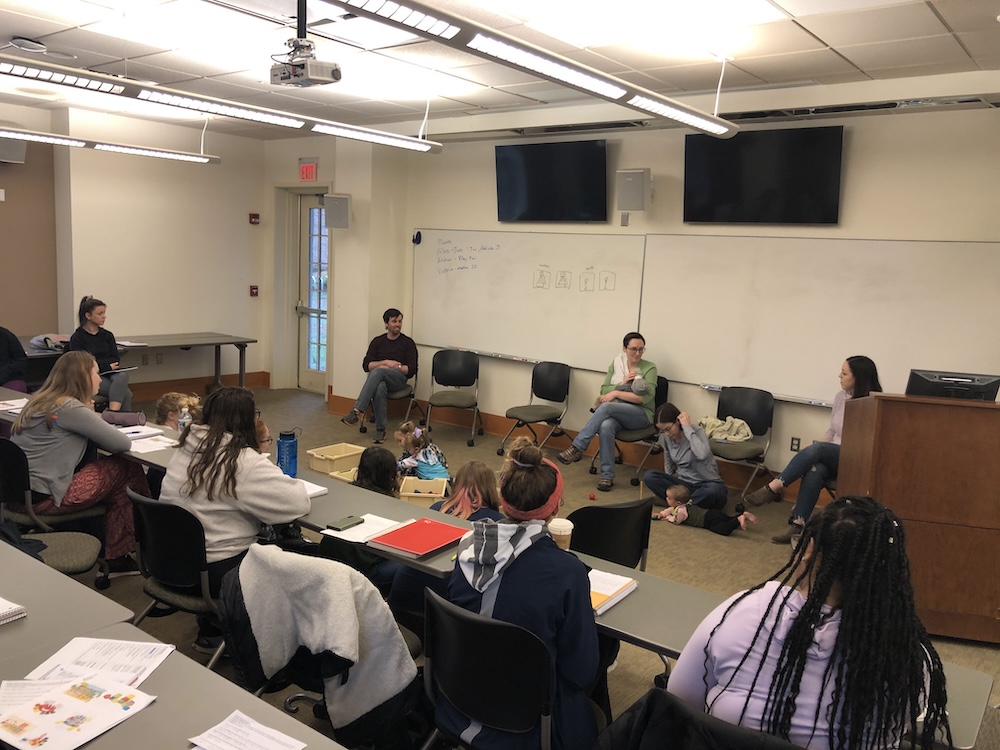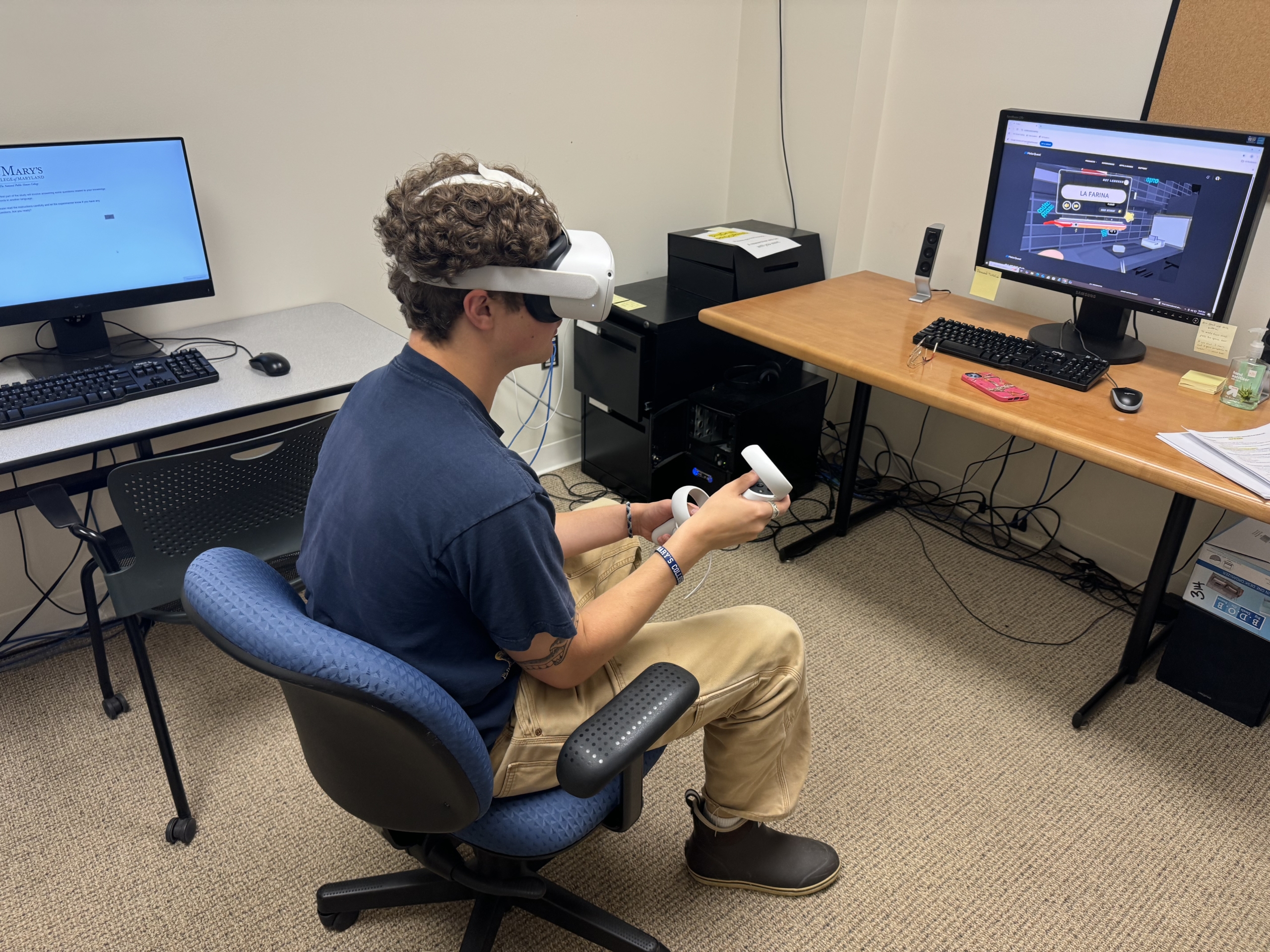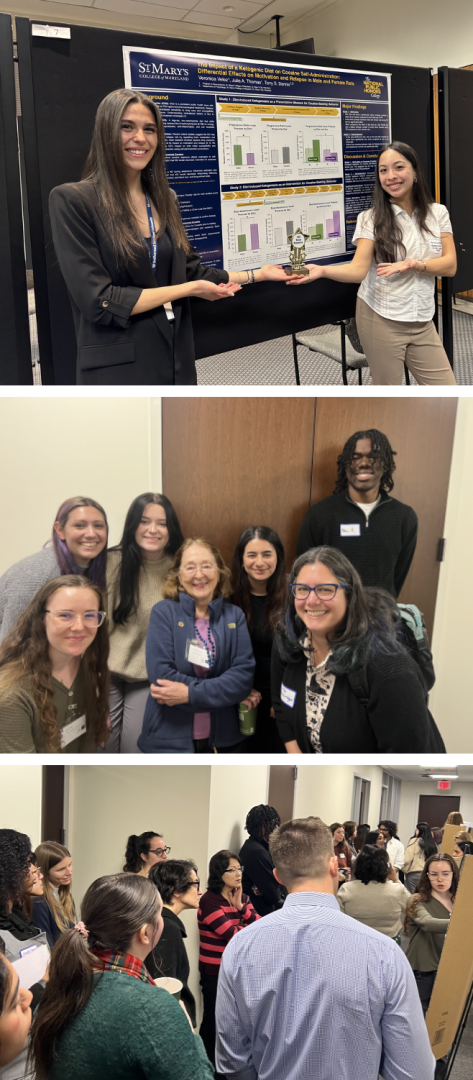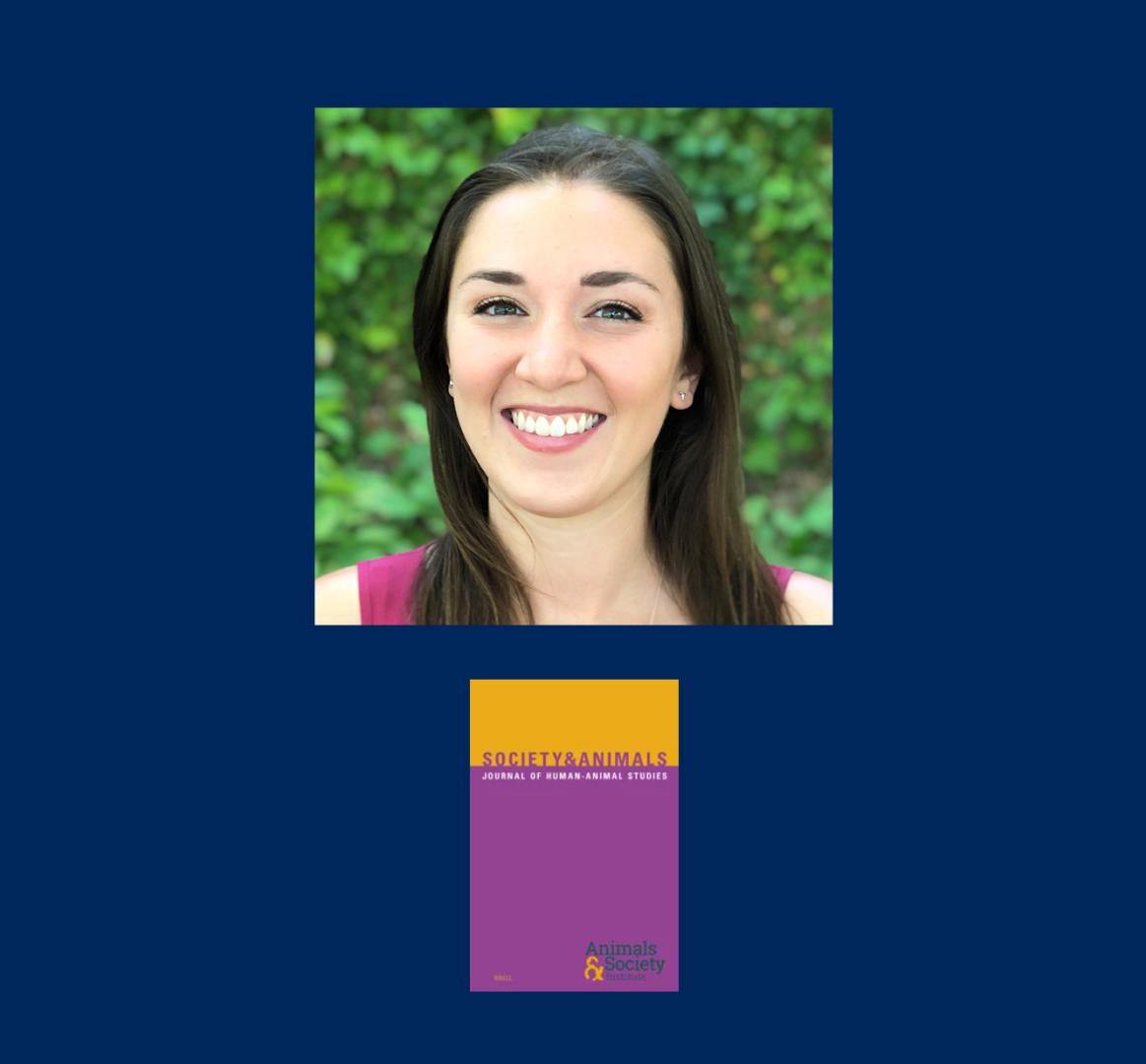Study the mind, shape the world
At St. Mary’s College of Maryland, students in the psychology program learn about how the mind works and why people think, feel, and behave the way they do. Small class sizes make it easy to work closely with teachers and classmates, creating a friendly and supportive place where students share ideas, conduct research, and learn from each other. Psychology students graduate with a broad range of psychological knowledge and strong skills in critical thinking, research, and communication.
100%
of psychology majors complete a capstone research project.
TOP 25
Hidden Gems in STEM by CollegeRaptor.com


Psychology Major
Psychology students develop excellent research skills and study psychological topics across a range of breadth areas including biological and sensory processes, learning and development, social and cognitive processes, health and counseling, and culture and community. Psychology students complete a year-long research project called the St. Mary’s Project and they can take part in other opportunities such as internships and directed research.
Courses Offered
Psychology Courses
- Psychology Courses>
Honors College Promise
Through opportunities like the St. Mary’s Project, internships and faculty-mentored research, students gain real-world experience and the confidence to address complex questions about what drives thought, feeling and behavior.
St. Mary’s students develop analytical thinking, ethical reasoning, and collaboration skills that prepare them to lead in many professions. Many graduates go on to advanced study in psychology, neuroscience or social work, while others pursue careers in education, healthcare, public policy, and other people-centered fields of work.

"My time at SMCM prepared me very well for graduate-level coursework. The level of rigor presented by the SMCM Psychology curriculum was above that of my graduate program, so I was able to thrive in graduate school and glean a great deal of information and experience"
- caroline (davy) brunger '15, school psychologist for st. mary’s county public schools

Facilities
The psychology program at St. Mary’s College of Maryland is located in Goodpaster Hall, a modern building with classrooms, laboratories, and places for students to explore psychology and conduct research. Goodpaster Hall features numerous faculty research spaces, computer labs, and flexible spaces for group discussions, projects, and data collection. Psychology students learn in small classes, work closely with their professors, and conduct their own research with modern hardware and software.
After you Graduate
The psychology major prepares students for many meaningful careers. Some graduates go on to advanced graduate study in areas such as psychology, education, social work, and neuroscience. Others go directly to work in fields including research, healthcare, law, business and government.
LATEST NEWS
Connect with Your Program Chair
All the faculty here at St. Mary's College of Maryland want to help you explore your interests and set you up for success. We look forward to connecting with you and meeting you on campus.






